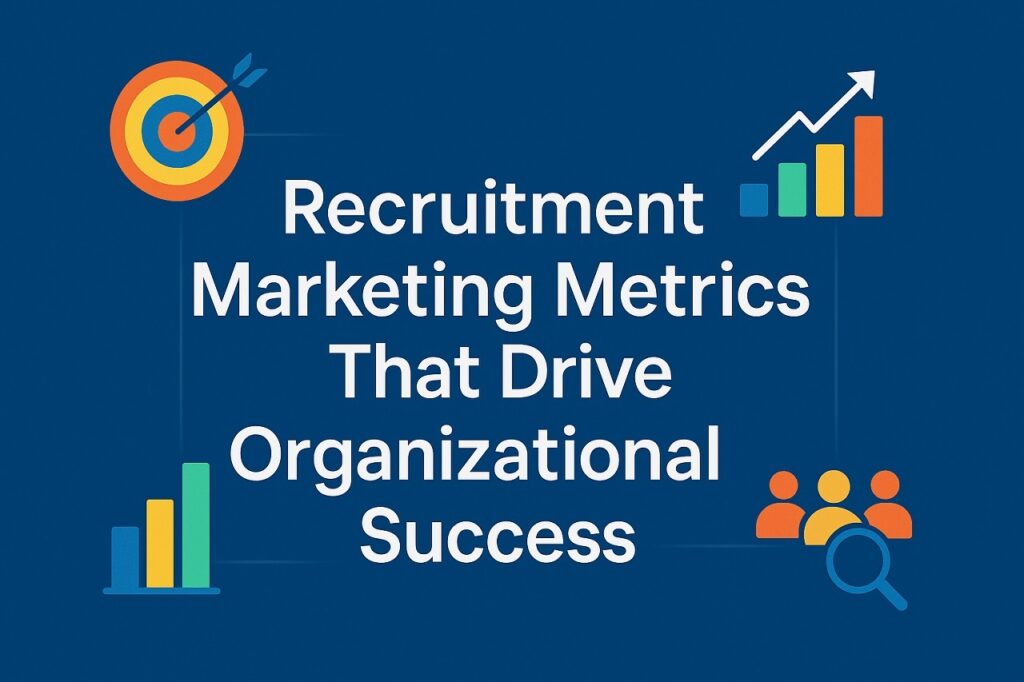In today’s dynamic business landscape, retaining top talent has become a critical priority for organizations striving for sustained success. Employee turnover not only disrupts workflow but also incurs significant costs associated with recruitment, onboarding, and lost productivity. To address this challenge, forward-thinking companies are leveraging innovative solutions such as solid talent marketplaces.
What is a Solid Talent Marketplace?
A solid talent marketplace is a digital platform designed to facilitate the efficient matching of talent with internal opportunities within an organization. Unlike traditional job boards or recruitment systems, a talent marketplace focuses on creating an internal ecosystem where employees can discover, apply for, and be matched with projects, temporary assignments, or full-time roles based on their skills, experiences, and career aspirations.
This marketplace leverages technology such as AI algorithms, data analytics, and machine learning to optimize talent management processes. It provides employees with a centralized platform to showcase their capabilities, explore various career paths, and connect with relevant opportunities across different departments or business units.
Employers benefit from a solid talent marketplace by gaining visibility into their workforce’s skills and capabilities, enabling better resource allocation, succession planning, and talent development initiatives. Moreover, it fosters a culture of internal mobility, collaboration, and continuous learning, leading to higher employee engagement, satisfaction, and retention rates. Overall, a solid talent marketplace serves as a strategic tool for organizations to maximize the potential of their workforce and drive sustainable growth.
Importance of Solid Talent Marketplace Explained
Here’s a detailed exploration of why a solid talent marketplace is essential for organizational success:
Talent Acquisition Efficiency:
A robust talent marketplace accelerates the recruitment process by leveraging advanced technologies such as artificial intelligence and data analytics. It enables HR professionals to source, screen, and select candidates more efficiently, reducing time-to-hire and cost-per-hire metrics. By tapping into a diverse pool of talent, organizations can access candidates with the skills and experiences necessary to drive innovation and growth.
Enhanced Candidate Experience:
A solid talent marketplace prioritizes the candidate experience, offering user-friendly interfaces and personalized engagement throughout the recruitment journey. From job discovery to application submission and interview scheduling, candidates receive timely updates and support, fostering a positive impression of the organization. A seamless and transparent recruitment process not only attracts top talent but also enhances employer’s brand reputation.
Agile Talent Management:
A talent marketplace facilitates agile talent management practices, allowing organizations to adapt to changing business needs and market dynamics. Through internal mobility initiatives, employees can explore new roles, projects, or development opportunities within the organization. This not only promotes skill development and career growth but also strengthens employee engagement and retention rates.
Skills Mapping and Development:
By leveraging data analytics and talent profiling tools, a solid talent marketplace enables organizations to identify and harness employees’ skills and competencies effectively. HR professionals can conduct skills gap analyses, design targeted training programs, and align talent development initiatives with business objectives. This proactive approach ensures that employees have the necessary skills to succeed in their current roles and evolve with evolving job demands.
Talent Retention Strategies:
Retaining top talent is a top priority for organizations, and a talent marketplace plays a crucial role in this endeavor. By providing opportunities for career advancement, skill development, and recognition, organizations can foster a culture of loyalty and commitment among employees. Moreover, by monitoring employee engagement and satisfaction metrics, HR professionals can proactively address retention risks and implement targeted retention strategies.
Data-Driven Decision Making:
A solid talent marketplace generates valuable insights through data analytics, enabling organizations to make informed talent management decisions. HR professionals can analyze workforce trends, identify high-potential employees, and forecast future talent needs. This data-driven approach enhances strategic workforce planning, improves resource allocation, and drives organizational performance.
Thus, a solid talent marketplace is a strategic imperative for organizations seeking to thrive in today’s competitive landscape. By optimizing talent acquisition processes, enhancing the candidate experience, facilitating agile talent management, promoting skills development, implementing retention strategies, and leveraging data-driven insights, organizations can effectively manage their human capital and gain a competitive edge. Investing in a robust talent marketplace is not just a smart business decision but a testament to an organization’s commitment to unlocking the full potential of its workforce.
Maximizing Employee Retention: The Impact of a Robust Talent Marketplace
Further, this article explores the profound impact of a robust talent marketplace on employee retention and organizational growth.
Enhanced Career Development Opportunities:
A solid talent marketplace provides employees with a platform to showcase their skills, experiences, and career aspirations. It enables them to explore various internal opportunities, such as projects, temporary assignments, or full-time roles, aligning with their professional goals.
By empowering employees to take ownership of their career paths, organizations foster a culture of continuous learning and development. This sense of autonomy and growth prospects significantly boosts employee engagement and loyalty.
Facilitated Skill Utilization and Mobility:
Traditional organizational structures often limit employees’ ability to utilize their full skill set or explore diverse roles within the company. A talent marketplace breaks down these silos by facilitating internal mobility and skill utilization.
Employees can seek out projects or roles that align with their interests and strengths, leading to greater job satisfaction and performance. Moreover, cross-functional experiences foster a more adaptable and versatile workforce, capable of tackling diverse challenges.
Cultivation of a Collaborative Culture:
A robust talent marketplace fosters a culture of collaboration and knowledge sharing within the organization. By connecting employees with similar interests or complementary skills, it promotes teamwork and innovation.
Collaboration not only enhances the quality of work but also strengthens interpersonal relationships, creating a sense of belonging and camaraderie among team members. Such a positive work environment is conducive to employee retention, as individuals are more likely to stay in an organization where they feel valued and supported.
Recognition and Reward Mechanisms:
Talent marketplaces often incorporate mechanisms for recognizing and rewarding employee contributions. Whether through peer feedback, performance evaluations, or gamified systems, these platforms reinforce a culture of appreciation and meritocracy.
Recognizing employees’ efforts and achievements not only boosts morale but also reinforces their sense of belonging and commitment to the organization. Incentives such as promotions, bonuses, or special assignments further incentivize top performers to stay and contribute to the company’s success.
Data-Driven Insights for Talent Management:
By leveraging data analytics and AI algorithms, talent marketplaces provide valuable insights into workforce trends, skill gaps, and succession planning. HR professionals can identify high-potential employees, address retention risks, and tailor development initiatives accordingly.
Data-driven talent management strategies enable organizations to make informed decisions about resource allocation, talent acquisition, and organizational restructuring. This proactive approach not only enhances employee satisfaction but also strengthens the company’s competitive advantage in the market.
Conclusion:
In conclusion, a solid talent marketplace is not just a recruitment tool but a strategic enabler of employee retention and organizational success. By offering career development opportunities, facilitating skill utilization and mobility, cultivating a collaborative culture, implementing recognition and reward mechanisms, and leveraging data-driven insights, companies can create an environment where employees thrive and stay committed for the long term. Investing in a robust talent marketplace is not only a sound business strategy but also a testament to an organization’s commitment to nurturing its most valuable asset: its people.
Sourcing Square, a programmatic job advertising platform, aids employee retention by optimizing recruitment processes. By targeting job ads to relevant audiences, it attracts candidates who align with the company culture and values. This ensures a better fit between employees and roles, reducing turnover rates and fostering long-term engagement within the organization.




